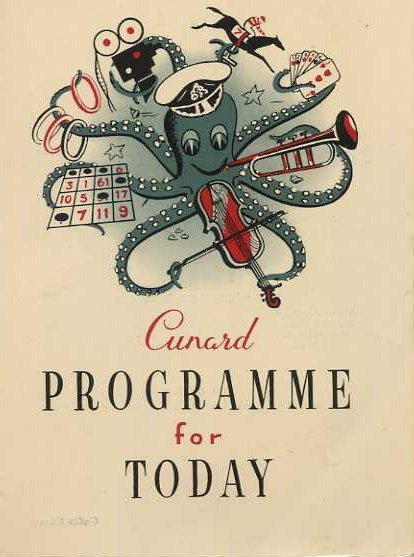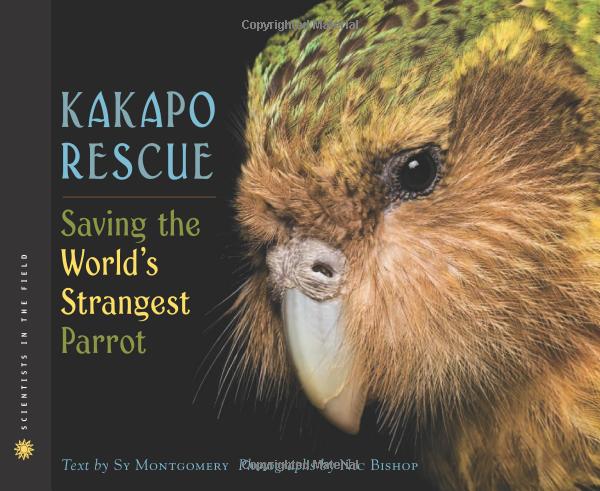For the week of August 12, The Soul of an Octopus is on these regional bestseller lists:
#3 – New England Independent Booksellers Association
#9 – Mountains & Plains Independent Booksellers Association
#3 – Pacific Northwest Booksellers Association
#10 – Southern California Independent Booksellers Association
#3 – Northern California Independent Booksellers Association
Beantown is Octo-Town. The Soul of an Octopus is number 3 on the Boston Globe’s Best Seller list for paperback nonfiction. Go Sox!
Sy’s octo book has swum into a new harbor. For the first time it appears on The New York Times Bestseller list of science books. It is at #20 for August. It’s also #5 on The New York Times Animals Bestseller list for August and it’s on these regional bestseller lists for the week of August 14: #6 –New England Independent Booksellers Association, #2 — Pacific Northwest Booksellers Association, #3 — Northern California Independent Booksellers Association, and #3 – New Atlantic Independent Booksellers Association.
 Sy’s friend Sandy Waters sent this Programme of Events of the RMS Queen Elizabeth for Sunday, June 23, 1957, which she bought at an antiques show. The day’s schedule began with optional swimming starting at 7:30 a.m., and included films (Sy would have most enjoyed “Catching Sea Creatures” provided they put them back), Melody Time, BBC News Broadcast, orchestral selections, Bingo — and the night’s gala “Fancy Head-Dress Parade” at 10:30 p.m. followed by dancing. Sounds fancy, but they do all this on Jet Blue, too.
Sy’s friend Sandy Waters sent this Programme of Events of the RMS Queen Elizabeth for Sunday, June 23, 1957, which she bought at an antiques show. The day’s schedule began with optional swimming starting at 7:30 a.m., and included films (Sy would have most enjoyed “Catching Sea Creatures” provided they put them back), Melody Time, BBC News Broadcast, orchestral selections, Bingo — and the night’s gala “Fancy Head-Dress Parade” at 10:30 p.m. followed by dancing. Sounds fancy, but they do all this on Jet Blue, too.
For the week of August 7 The Soul of an Octopus is on these regional bestseller lists:
#4 – New England Independent Booksellers Association
#7 – Pacific Northwest Booksellers Association
#4 – Northern California Independent Booksellers Association
#6 – Mountains & Plains Independent Booksellers Association
 Kakapo Rescue inspires a genome project. Andrea Graves, a freelance science writer in New Zealand, recently wrote to Sy to tell her how her book on “the world’s strangest parrot” has “sparked off a wonderful series of events.” Jason Howard, a Duke University scientist, read Sy’s kakapo book to his daughter. Howard is sequencing avian genomes to “study the genetic basis of vocal learning.” After reading Sy’s book, he decided to sequence the Kakapo’s genome, and after much effort, got the samples he needed sent to the U.S.
Kakapo Rescue inspires a genome project. Andrea Graves, a freelance science writer in New Zealand, recently wrote to Sy to tell her how her book on “the world’s strangest parrot” has “sparked off a wonderful series of events.” Jason Howard, a Duke University scientist, read Sy’s kakapo book to his daughter. Howard is sequencing avian genomes to “study the genetic basis of vocal learning.” After reading Sy’s book, he decided to sequence the Kakapo’s genome, and after much effort, got the samples he needed sent to the U.S.
“New Zealand science and conservation is hugely underfunded, so there is no way we could have afforded that in New Zealand,” writes Graves. “Jason’s decision to sequence the kakapo genome was crucial to it happening.” And it kicked off further research. “Now, via a crowd-funded project, New Zealanders have raised the money to sequence every single living adult kakapo, which is the first time ever that all the individuals in a species have been sequenced. Of course it helps that there aren’t many of them. There are likely to be huge conservation benefits to knowing the full sequence of all individuals, because they are fairly inbred as you can imagine.”
Andrea Graves concludes her note with further good news: There are now about twice as many kakapos on the island than there were when Sy wrote Kakapo Rescue in 2008.